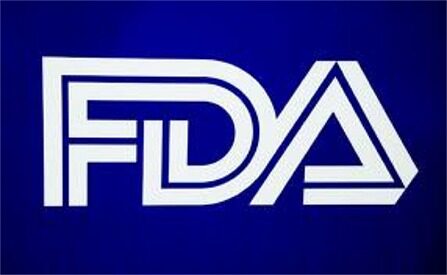Examples of the claims made by these companies include:
- “In fact many people use kratom to overcome opiate addiction.”
- “Usage: It is for the management of chronic pain, as well as recreationally.”
- “Kratom is frequently used as a natural alternative to treat depression, anxiety, addiction, diabetes, chronic pain, and fatigue… Kratom has been reported to have taken the place of brand name drugs like Hydrocodone or Oxycodone for individuals, all the way to weaning people off of heroin.”
- “Here is just some of what our customers have used kratom to treat… Chronic Pain, Migraines, Opiate Addiction, ADHD/ADD, Anxiety, Depression, Arthritis, Insomnia and much more!”
Acting FDA Commissioner Ned Sharpless, M.D., said in the release: “We have issued numerous warnings about the serious risks associated with the use of kratom, including warnings about the contamination of kratom products with high rates of salmonella that put people using kratom products at risk. As part of our efforts to assess kratom for contamination in the products tested, we also found high levels of heavy metals in kratom products. Despite our warnings, companies continue to sell this dangerous product and make deceptive medical claims that are not backed by science or any reliable scientific evidence. As we work to combat the opioid crisis, we cannot allow unscrupulous vendors to take advantage of consumers by selling products with unsubstantiated claims that they can treat opioid addiction or alleviate other medical conditions.”










